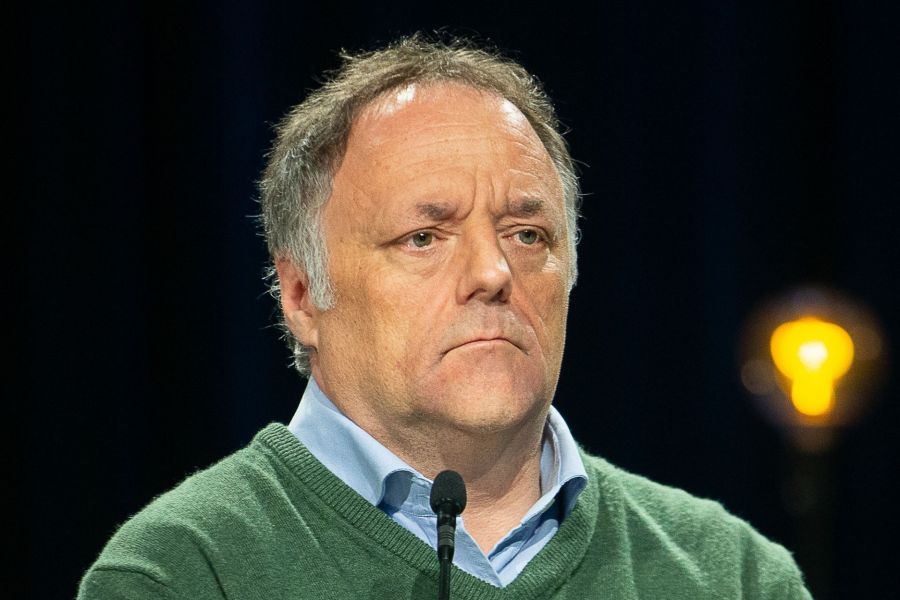The second wave of the coronavirus pandemic in Belgium was almost entirely down to politics and the decisions made by the government at the time, according to virologist Marc Van Ranst.
Van Ranst was critical of politicians and their handling of the coronavirus during a hearing of the special Covid Committee in the federal parliament, which is examining Belgium's handling of the Covid-19 epidemic.
"There was pretty little to do about the first wave, in my opinion, but the second wave, we could have mitigated it. And this is the consequence of political decisions,” he said, according to reports from Het Nieuwsblad.
Related News
- Coronavirus reproduction rate over 1 again in Belgium
- Belgian residents 'not welcome' when Dutch terraces open next week
He added that the second wave came just after the government made several large-scale relaxations, including the expanding of people’s social bubble in September, just weeks before the second wave broke.
Referring back to the start of the pandemic, he said that during a press conference after the first fatality, he “talked with the then Minister of Public Health, Maggie De Block. I did not have the impression that she had been very well briefed."
Van Ranst said that, at this point of the pandemic, he felt that "the sense of urgency was not there,” and admitted that he himself thought that the crisis would only last ten weeks.
During the hearing, he made recommendations on how the management could be improved and emphasised that he remains in favour of a strategy of "shorter and stronger" containments to battle the pandemic.
He also urged for stricter measures around travelling abroad, more active communication in the coronavirus vaccination campaign, and for the government to put more emphasis on the importance of ventilation in closed spaces.
Van Ranst also brought up the harassment and threats he received from people, targeting him for his position as adviser to the government.
"I have police protection. There are few countries where experts have to have police protection. This is not acceptable and it is not normal. If it goes on like this, you won't have any experts next time,” warned Van Ranst.
He concluded the hearing with a message of hope, saying that “in the end, everything will be fine. Soon we'll have far fewer cases in hospitals and then we'll have to abolish all the measures."
Lauren Walker
The Brussels Times

